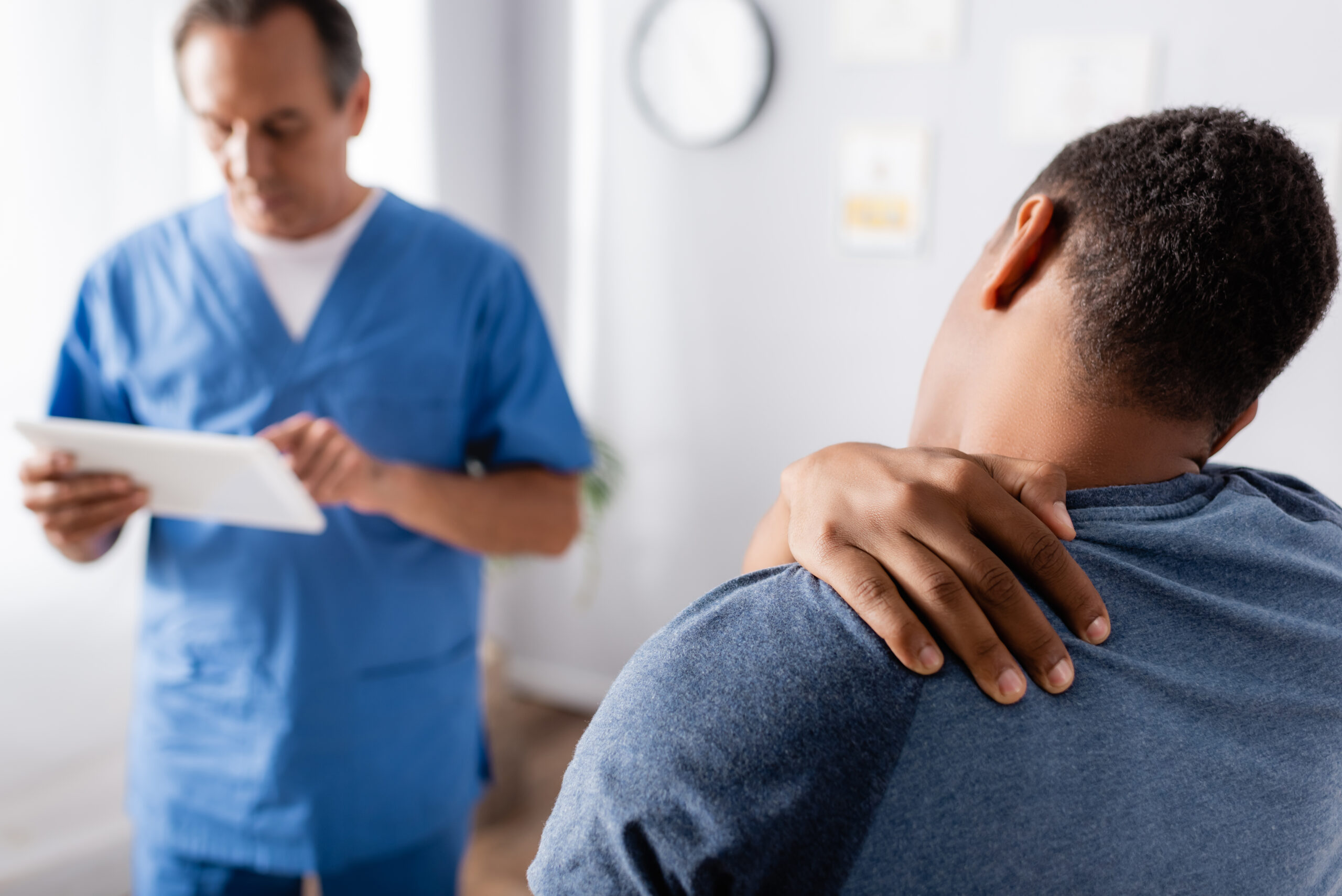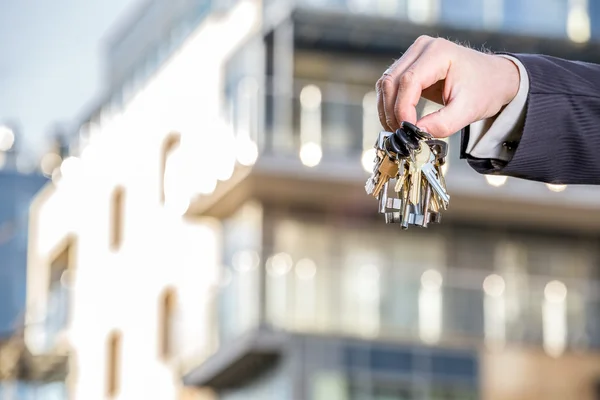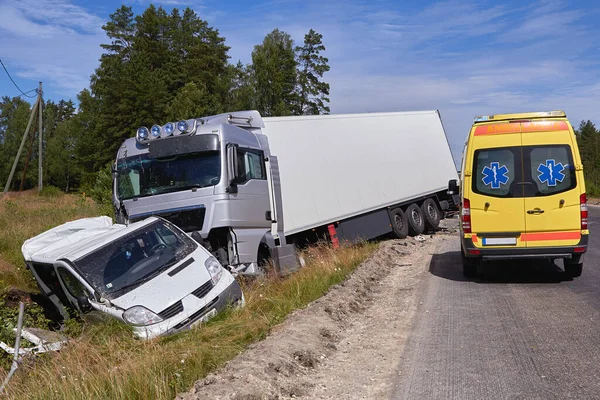Many people, from the start, are worried about how they’re going to pay their medical bills after a car accident.
I’ve talked to many people who say they refused an ambulance ride to the hospital over fear of the costs – even though they really needed it. Others go without treatment because they don’t have health insurance and aren’t sure how they’re going to pay their bills. In this blog, I’ll talk about some of the options you have for getting your bills paid after you’ve been in a crash.
Utah No-Fault Coverage
Utahns who have car insurance have a component called no-fault insurance, or personal injury protection benefits (PIP) that will pay up to $3,000 of your medical bills. Utah law actually requires this. See Utah Code 31A-22-307. And you may actually have more than $3,000 if you elected to increase your coverage when you purchased it. Keep in mind that this is YOUR insurance, not the other at-fault driver’s insurance.
This is where some people can get confused. They call it “no-fault” because it doesn’t matter whether you caused the crash, or even contributed to the crash happening. These benefits are available to you as the driver and even as a passenger (assuming the driver of your car had insurance).
To activate these benefits, you’ll need to let the no-fault insurance company know about the crash. They may or may not take a statement from you, but they will want basic details of how the crash happened so they can open up a claim. Once they’re done collecting the information, they’ll give you a “claim number” which you can use when you get treatment at a doctor’s office or clinic. I often tell people that this claim number is like a credit card number, as your medical provider will “charge” their medical services to your PIP or no-fault insurance account. Keep in mind, though, that $3,000 can be used up really quick! If you took an ambulance to the ER for treatment, it was likely already used up.
Completing the PIP Application
Getting PIP benefits will require that you fill out the PIP application that the insurance company will send you. It will require that you give them information about the crash and about medical treatment you are receiving. The application will ask you about your injuries and may also ask about other injuries you have had in the past. You will want to put as much information about your injuries as possible on your PIP application. If you leave off an injury that you later need treatment for, they may question whether that injury is related to the crash or not. The PIP application will also usually require that you provide a HIPAA medical release that allows your PIP carrier to get copies of your medical records and bills to confirm your claim.
What If I Was a Pedestrian or Riding my Bike or in an Uber/Lyft?
Under Utah’s PIP law, the auto insurance for the person who hit you while you were a pedestrian or riding your bike will pay these PIP benefits, up to $3,000. You will want to complete the application the at-fault driver provides you to claim these benefits. If you were a passenger in a ride share vehicle, such as Uber or Lyft, then that company should also provide the state minimum of $3,000 for you in the event of a crash.
Keeping Track of Your Medical Bills
After you’ve been involved in an accident, you’ll want to collect all your medical statements and keep them in a folder so you can get them paid by either the PIP policy or your own health insurance (if you have it). Also keep copies of what you send to your carrier and make a note or ledger of when you sent them off (in case they claim they never received them).
If you hire an attorney to help you with your auto case, they’ll be in charge (with your help, of course) of collecting all your bills and getting them to the no-fault PIP claims for payment. But you don’t necessarily need an attorney to collect these statements and get them to the right place. I have found that medical providers, especially chiropractors, are usually very good at making sure they get their billings to the PIP carrier for payment. Still, if you have received statements and they don’t get into the hands of the available insurance companies, you could be on the hook for paying them.
Coverage Through Workers Comp
If you were on the clock at the time of a car accident, your bills will be paid by Workers Comp for treatments they approve. You may be stuck with a bill if Workers Comp didn’t approve the treatment. You should talk with a lawyer to find out the details of what they will or will not pay.
Will My Health Insurance Pay for My Bills?
Private health insurance is a great safety net when you’ve been seriously injured. Most coverages, however, will not begin to pay until after the PIP coverage discussed above has been exhausted or used up. They will want proof that the PIP has paid its maximum before they’ll begin to provide coverage. And even then, they will pay only according to the plan that you have. Most plans, for example, have only a very limited coverage for chiropractic care. (There will usually be more coverage for physician-recommended physical therapy.) Of course, the normal co-pay and deductibles will also apply when you’ve been in an accident and will need to be paid. The amount that you are out of pocket, however, can be reimbursed when your claim is resolved with the at-fault insurance carrier.
Can My Bills Be Paid by Medicaid?
I always tell my clients that Medicaid is one of the best insurance policies you can have to maximize your recovery. Medicaid, is of course, needs-based, and you have to qualify for it. Whether you had it prior to the wreck or qualified for it after, the benefit of having Medicaid is that you are tapped into their network of treating medical providers. These providers have agreed to treat at a reduced rate, and so even though Medicaid will ask to be reimbursed, that reimbursement will be less than if you paid out of pocket or through your own health insurance. On top of that, once your attorney signs their Collection Agreement, Medicaid will agree to reduce their reimbursement claim by 33%. Bottom line, if a bad car accident took you out of commission such that you can’t work, you may want to see if you qualify to receive Medicaid benefits. If you qualify, these benefits will go into effect after PIP has paid its policy limits.
Will the Person Who Caused the Wreck Have to Pay My Medical Bills?
The person who caused the car accident should be made to answer for the medical expenses and other damages you incurred. Under the law, for example, when your PIP carrier pays $3,000 of your medical bills, it will seek reimbursement from the at-fault insurance company. This happens behind the scene, but it does happen. Of course, when you hire an attorney and they seek amounts well above the $3,000 PIP limits, they are making a claim on the at-fault person’s insurance. So long as the person who caused the crash had auto insurance, they will most likely not be on the hook to personally pay your medical bills. This is why they got auto insurance. That doesn’t stop their insurance company, however, from raising their premiums or even dropping them if they feel they have become too big of a risk.
Will I Be Stuck with Bills After My Car Accident?
When I ask new clients what they hope to get out of their car crash claim, most say they just want to get their bills paid. While I tell them we expect to do much better than that, if you don’t have an attorney, then getting all your bills paid may be your only goal. And given the circumstances of your case, this may be a lofty goal for you to achieve.
Whether you get all your bills paid will first depend on how much no-fault PIP you carried at the time of the crash. If you had the minimum of $3,000, this will help to reduce your bills by this same amount. PIP is generally NOT like a health insurance policy that may pay only 50% on the dollar. PIP will usually pay 100% on the dollar and will not be involved in getting you reductions for your medical bills. Thus, if you had a larger PIP policy of say $10,000, this may actually be enough to fully cover your bills. Most people, however, will need more.
Next, what will your health insurance cover? As mentioned above, most health insurance plans won’t cover chiropractic care and have limits on how much they’ll pay for physical therapy and other treatments. Then there is the matter of what your co-pays are and your deductible. Depending on your plan, you could still be out-of-pocket a significant amount if your health insurance is more of a “major medical” plan. If you have Medicaid, on the other hand, they may pay the whole amount without co-pays or deductibles being required.
Finally, whether you get your bills paid depends on whether the person who caused the crash had a liability policy or whether you need to make an “uninsured” claim with your own auto carrier. If the at-fault person had insurance, you are closer to making sure you get your bills paid. Of course, the insurance may claim that you contributed to the crash and based on that, will claim they are only obligated to pay a percentage of your claim. In these situations, it pays to consult with a lawyer to see if these defenses are legitimate or not and then to bust through them.
What If My Insurance Company Refuses to Pay My Medical Bills After a Car Wreck?
If your own auto insurance company chooses not to pay for your medical bills or won’t pay up to the maximum no-fault PIP benefits they promised to pay, you may be able to bring a claim against them. Generally, these benefits will be deemed late or “overdue” under Utah Code 31A-22-309(5) if your auto insurance company doesn’t pay them with 30 days of receiving proof of the fact and the amount of the bills. If they are overdue, you can bring a claim against your carrier under this code section and claim the amount of the bills, plus 18% annual interest, plus a “reasonable attorney fee.” Keep in mind, however, you may only make a claim up to the amount of your no-fault PIP benefits.
How Can I Keep My Bills from Being Sent to Collections?
Getting sent to collections is not something we want for any of our clients, or for you if you’re reading this. Unfortunately, it does happen and is a very common reason why people declare bankruptcy. There are ways, however, to keep this from happening.
First, make sure that your no-fault PIP coverage is being tapped into my making sure you complete and return the PIP application. Second, make sure your providers are billing the PIP carrier. This is especially important for providers you may have seen in a hospital or emergency department setting, as there can be multiple layers of medical providers and billing you might not even be aware of. Third, make sure you submit bills that might be sent directly to you to your no-fault carrier and/or health insurance company for payment. Remember to keep track of when and to whom you are sending these bills so you can resend them if they claim they never received them from you.
Finally, if your PIP benefits have been exhausted and your health insurance (assuming you have it) has paid what they are obligated to pay, make sure you keep the outstanding accounts in good standing by setting up a modest payment plan to make sure these accounts don’t get sent to collections. This is especially important if you don’t have health insurance, as some medical providers are very quick to send accounts to collections.
What If My Account is Already in Collections?
If your account has already been sent to collections, you should try to negotiate a payment or payment plan that will satisfy what they are requesting in return for them agreeing to remove the negative credit mark. Often, once a collection agency is involved, the original medical provider is out of the picture, having sold the outstanding account to a collection agency. As a consumer, you should attempt to pay a percentage on the dollar for this account, such as 30-50%, if possible. If your staring down the barrel of a bankruptcy, it would benefit both bill collector and yourself to work out a deal that would keeping you from having to pull the trigger on a potentially unnecessary bankruptcy.
Ron Kramer is a lawyer practicing injury law in West Jordan and throughout Utah.











